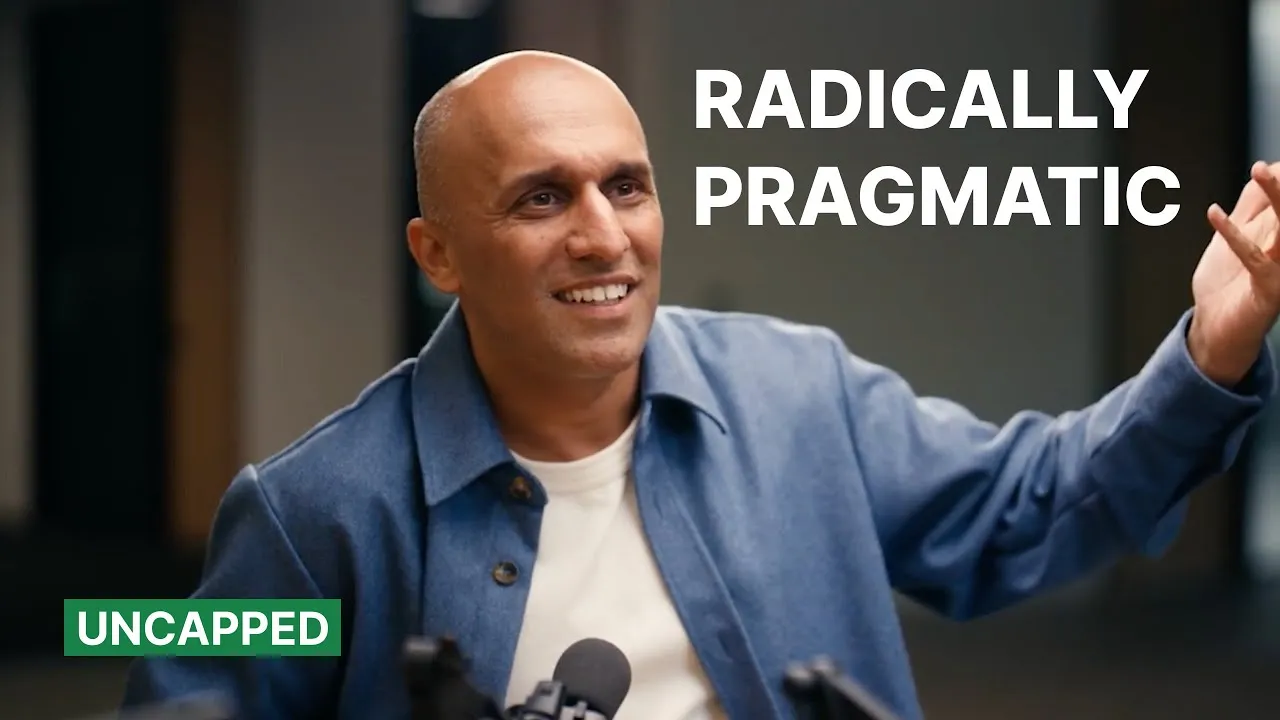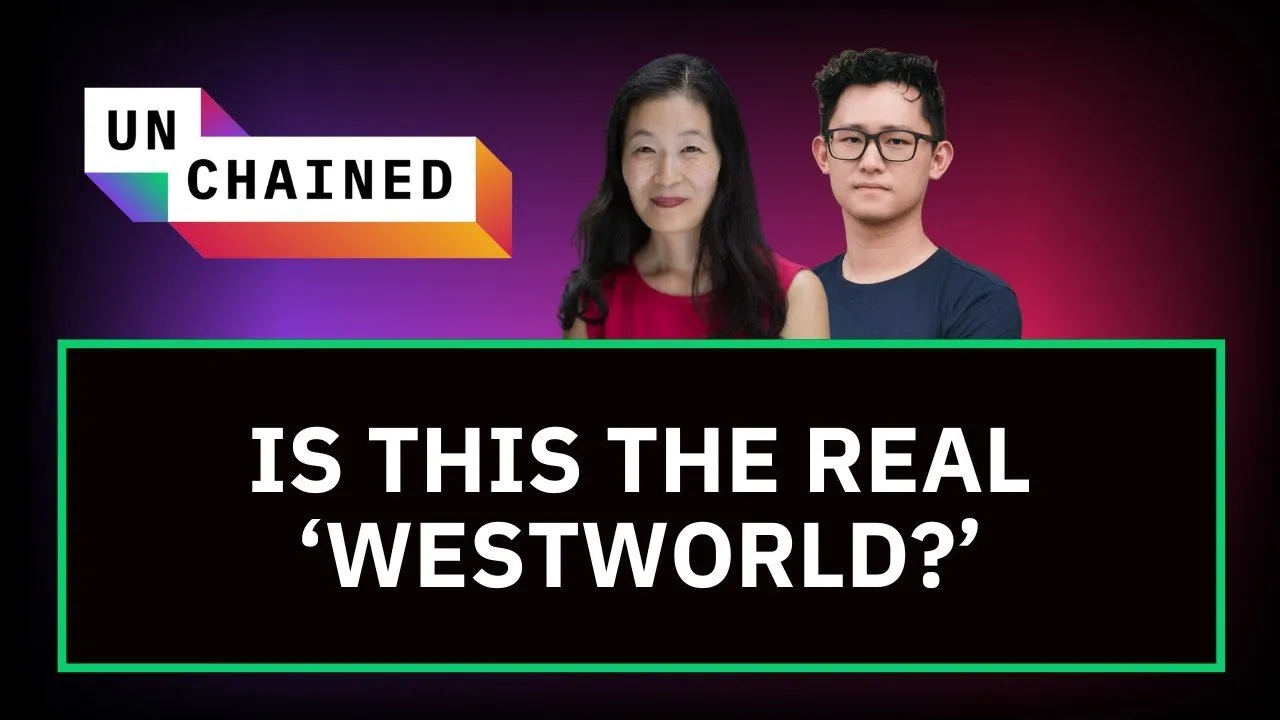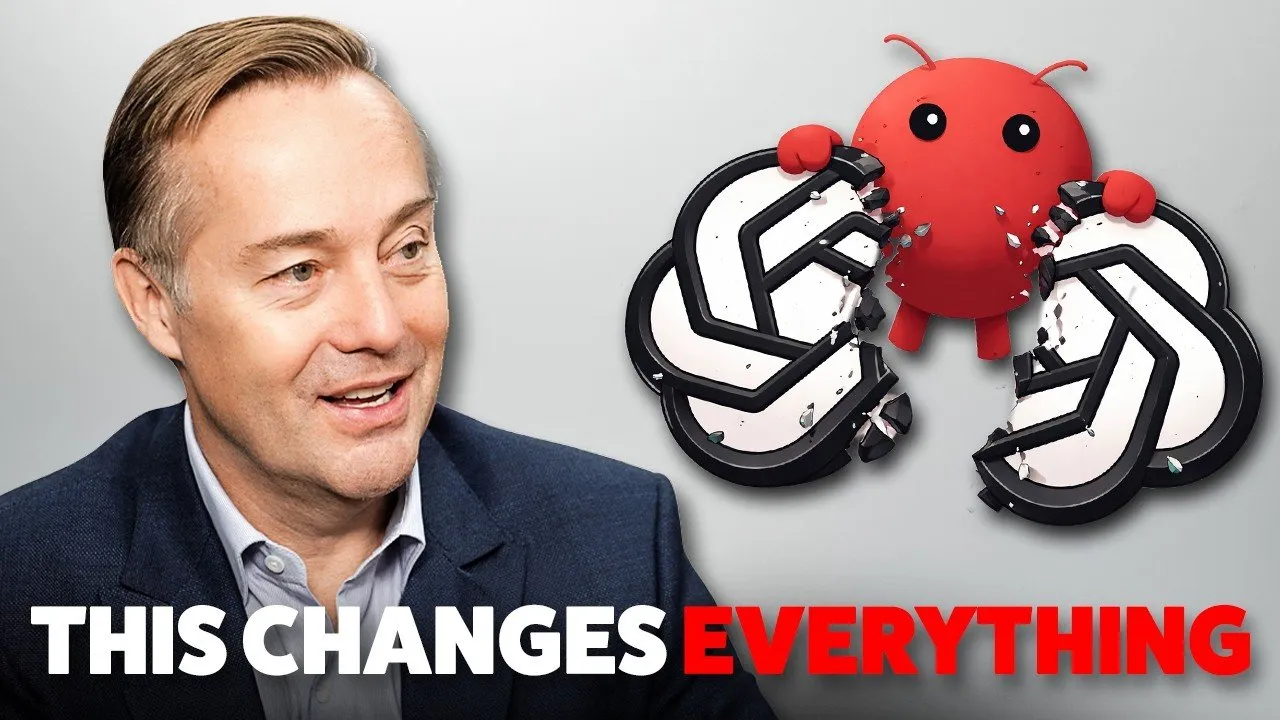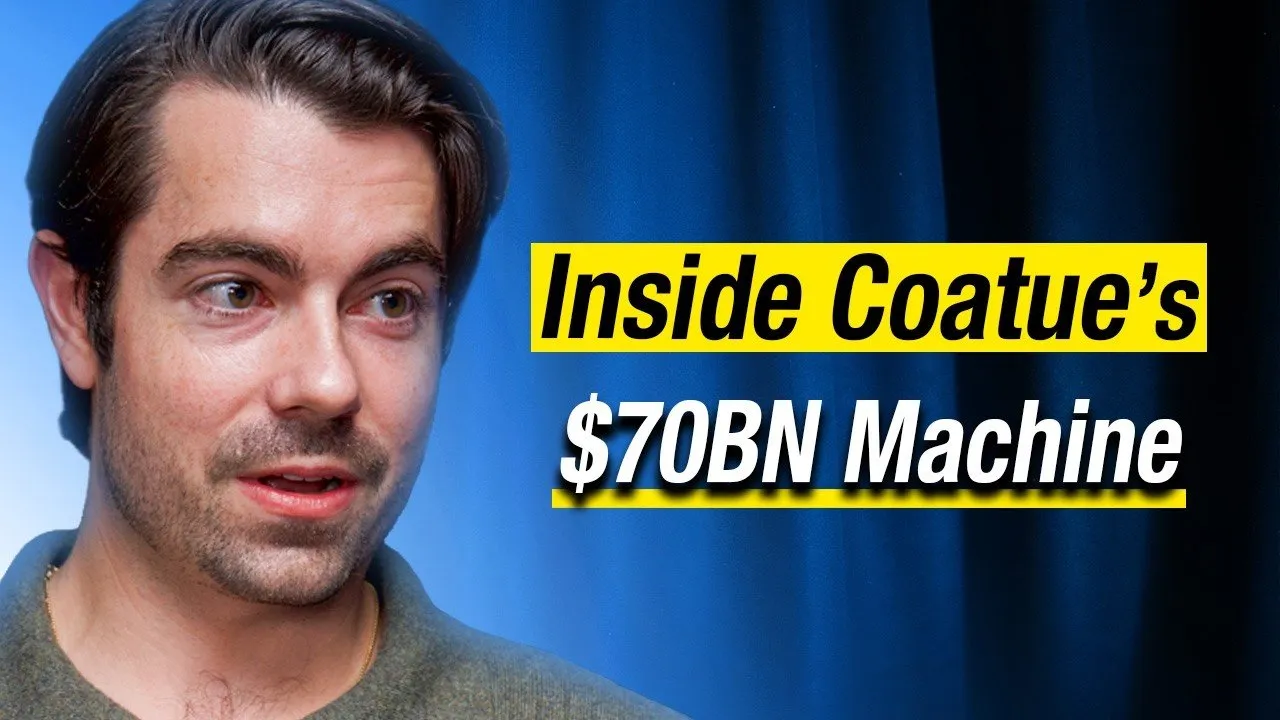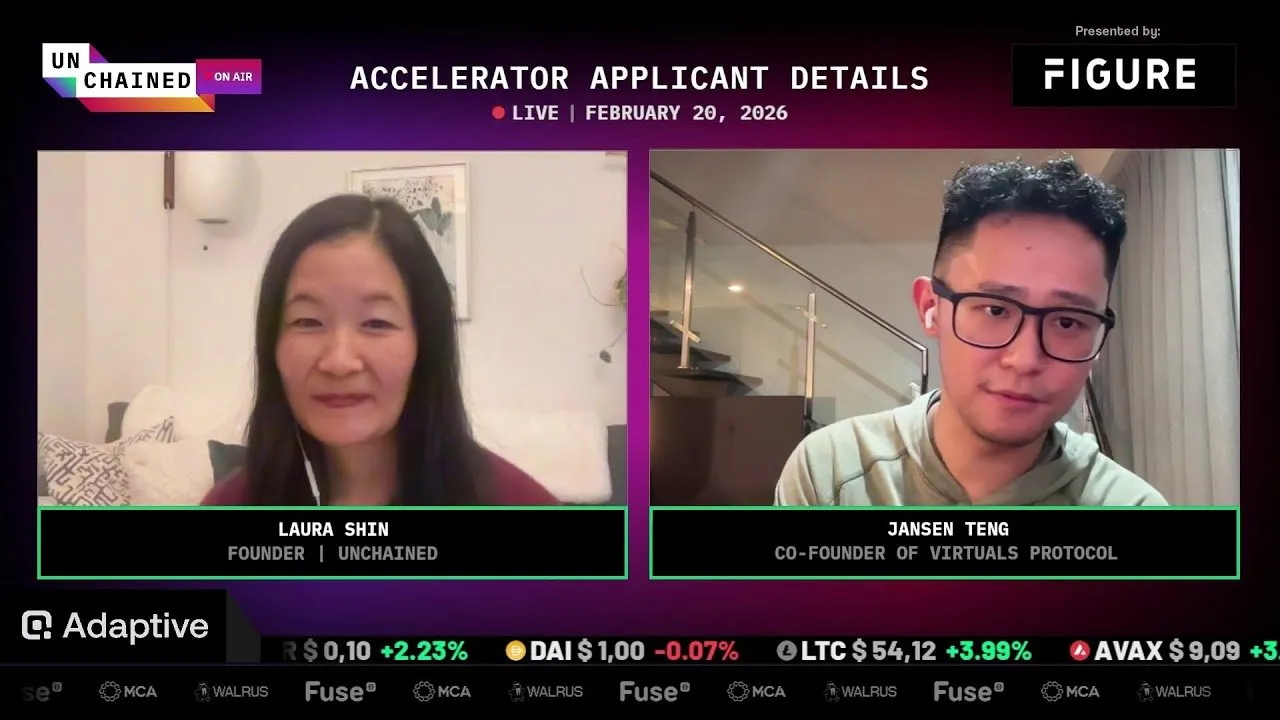Table of Contents
Hard tech isn't for the faint of heart. Qasar Younis shares the messy, contrarian, principle-driven journey behind Applied Intuition's rise to a multibillion-dollar dual-use powerhouse—and why winning in this space demands more than speed and hype.
Key Takeaways
- Building in hard tech means mastering both software and industrial complexity—not just MVPs and speed.
- Dual-use strategy (commercial + defense) can de-risk development and unlock scale—but it’s not plug-and-play.
- A culture of debate, directness, and contrarianism helps Applied Intuition outmaneuver traditional Silicon Valley groupthink.
- Being in-person wasn’t nostalgia—it was deliberate strategy to out-execute in high-context, safety-critical markets.
- Decisiveness in uncertainty is a core founder muscle, especially when stakes are high and information is partial.
- True business models are discovered—not pitched—and rarely exist at the trend’s hype cycle peak.
- Success is deeply personal: family, culture, emotional clarity are part of the founder calculus.
- Culture doesn’t emerge from perks—it’s built through pressure-tested decisions and consistent values.
Why Hard Tech Is So Damn Hard—and Worth It
- Cars are arguably the most complex consumer product humans build at scale—more complex than rockets or phones.
- Qasar emphasizes that building for the automotive and defense world requires deep technical and operational knowledge—"not just software wrappers."
- Software isn’t the add-on—it’s the system layer that coordinates huge hardware ecosystems. Applied had to master both.
- Investors underestimate the nuances—most don’t realize that learning AI and vehicle manufacturing simultaneously is two full learning curves.
- Qasar: "You're flying at 75mph and just assume the wheels won’t fall off—that's the bar for safety."
- He also notes that hard tech requires understanding of legacy systems—many of which are decades old, difficult to integrate with, and deeply embedded in regulatory environments.
- This is not a space where you can fake expertise or pivot with a landing page. You need domain fluency, credibility, and patience.
The Power and Pitfalls of Dual-Use Strategy
- Applied serves both commercial (automotive, mining, trucking) and defense sectors with a shared tech stack.
- This cross-sector model subsidizes expensive R&D by spreading costs—while giving resilience during market slowdowns.
- But it’s not easy: selling to the DoD requires different procurement, timelines, and even top-secret clearance.
- Defense is not an infinite budget—it’s just segmented in ways that outsiders often don’t understand.
- Government relationships aren’t transactional—they require trust, persistence, and navigating bureaucracy.
- Younis believes more startups will go dual-use, but warns: "It’s not a cheat code. It’s just another frontier."
- Founders should approach dual-use as a long game. You win not with demos, but with durability.
Culture Isn’t Ping Pong—It’s Debate and Decision Speed
- Applied Intuition’s culture centers on “debate, debate, debate”—truth emerges through friction, not consensus.
- Engineers are encouraged to challenge assumptions—often by intentionally going against Silicon Valley trends.
- Collared shirts over hoodies. In-person offices when others go remote. Structure over casual chaos.
- Qasar cites Andy Grove’s High Output Management as a foundational text. "We don't do get-along culture."
- Decisions are made fast—with partial data—and that’s by design. "Indecision kills more startups than mistakes."
- The company recruits not just for skills, but for comfort with intensity. This is a place where clarity beats comfort.
- Culture is enforced at the hiring line, not in HR decks. It’s about who you keep and who you don’t.
YC Gave Him Pattern Recognition—But Life Taught the Rest
- As a YC partner, Younis saw hundreds of founder journeys and learned to recognize real businesses vs narratives.
- Applied was built not on vibes, but fundamentals. The problem was massive, and he knew it intimately.
- Many autonomy startups raised billions on hype; Applied focused on building real customer partnerships instead.
- He warns founders: "Most GenAI and humanoid robotics startups right now have no business model. That’s not cynicism—that’s experience."
- Their philosophy: be contrarian early, and right eventually.
- Younis calls out a growing gap between fundraising skill and operating ability. Many teams know how to tell a story, but few know how to solve real pain points.
- Applied Intuition didn’t start with headlines—it started with tough customers and complex requirements.
Hiring in the Valley—and the Rust Belt
- Applied hires from two poles: Silicon Valley elite and industrial experts (automotive, trucking, defense).
- The challenge isn’t just skills—it’s cultural onboarding. Tech folks need to learn safety-criticality; industry folks need to learn software pace.
- This culture merge works because the mission is high-context and execution-driven.
- The result is a team that understands "vehicle life cycles" and "iteration speed" in the same breath.
- Founders who overlook cultural integration in hard tech will build silos—not synergy.
- The company invests heavily in cross-training—pairing software leads with domain veterans to co-learn each others’ assumptions.
- It’s not enough to build a smart team—you need one that speaks the same language when stakes are high.
In-Person by Default: A Deliberate Competitive Edge
- Applied went back to the office the minute it was legally allowed. Not sentiment—strategy.
- High-context work—like planning for autonomous systems—requires hallway chats, non-verbal cues, whiteboards.
- They conducted multiple stakeholder meetings (parents, new grads, SF commuters) before deciding.
- Qasar is not anti-remote in theory—he invested in GitLab—but says default in-person boosted velocity.
- "It’s not about nostalgia. It’s about bandwidth. And execution beats opinion."
- Their HQ was designed to make in-person easier, not harder: parking, food, team zones, whiteboard nooks.
- While others prioritized flexibility, Applied optimized for clarity. In hard tech, ambiguity is dangerous.
What Actually Matters at the End
- Qasar reflects on what success looks like decades from now—not quarters from now.
- "If your kids don’t like you, you failed. Period." That’s the ultimate scorecard.
- He’s learned to ignore the noise and focus on being emotionally grounded, morally clear, and execution-focused.
- Yes, startups are about decisiveness. But they’re also about being human—especially when the pressure rises.
- The final test isn’t a funding round. It’s the quiet moments—when you ask, “Was this worth it?”
- Applied Intuition’s future isn’t guaranteed. But its foundation is rare: built on customers, culture, and clarity.
- And for Qasar, that clarity isn’t just a strategy—it’s a survival trait.

